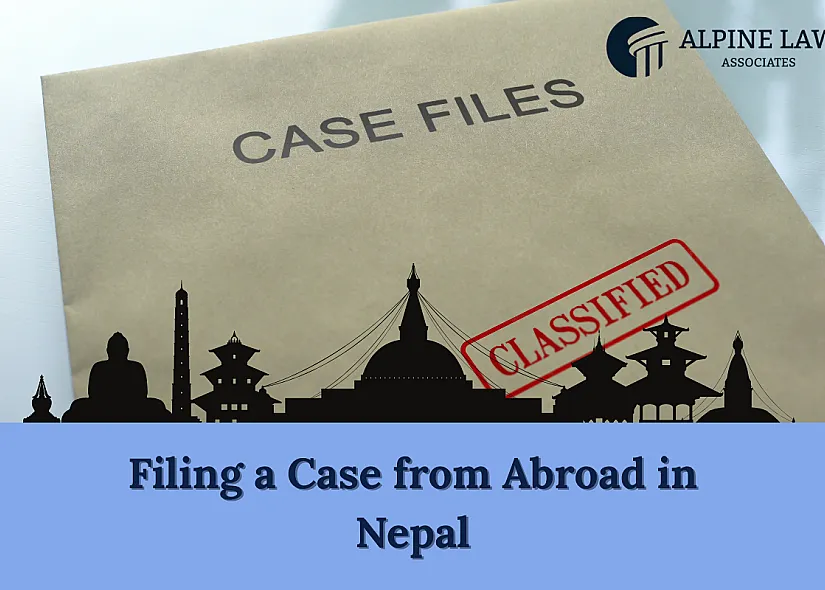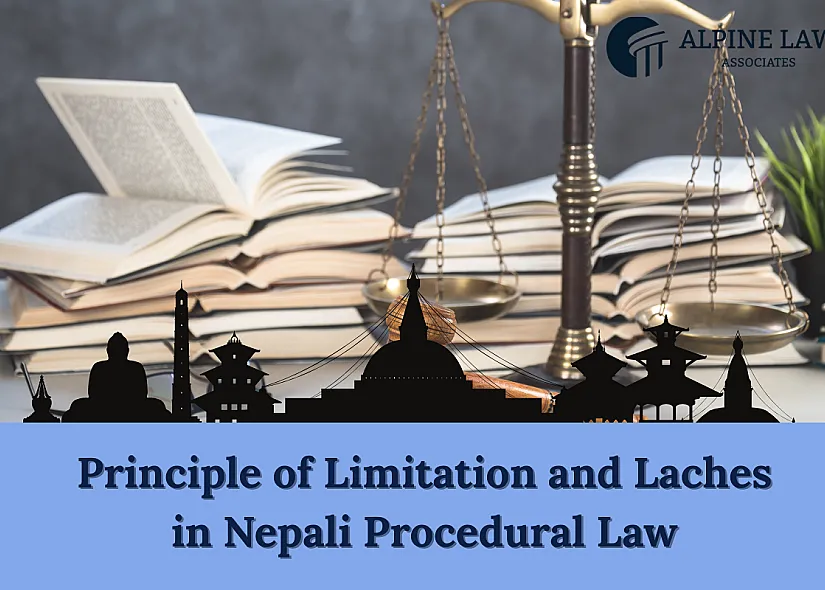Company Registration Process in Nepal
Company registration in Nepal is a legally structured process governed by the Company Act 2063. This article offers a complete guide to starting a business legally, from name reservation to obtaining a PAN and meeting annual compliance. It explains the types of companies in Nepal, documents required, government fees, and the online registration steps through the OCR portal. Whether you’re a local entrepreneur or a foreign investor, understanding the company formation process is essential for legal operation and credibility in Nepal’s business landscape.



-thumb_big.webp)

-thumb_big.webp)
-thumb_big.webp)
-thumb_big.webp)
-thumb_big.webp)
-thumb_big.webp)
-thumb_big.webp)

-thumb_big.webp)
-thumb_big.webp)
-thumb_big.webp)
-thumb_big.webp)
-thumb_big.webp)
-thumb_big.webp)
-thumb_big.webp)
-thumb_big.webp)
-thumb_big.webp)
-thumb_big.webp)

-thumb_big.webp)
-thumb_big.webp)
-thumb_big.webp)
-thumb_big.webp)
-Property-Rights-in-Nepal-thumb_big.webp)
-thumb_big.webp)
-thumb_big.webp)

-thumb_big.webp)
-thumb_big.webp)